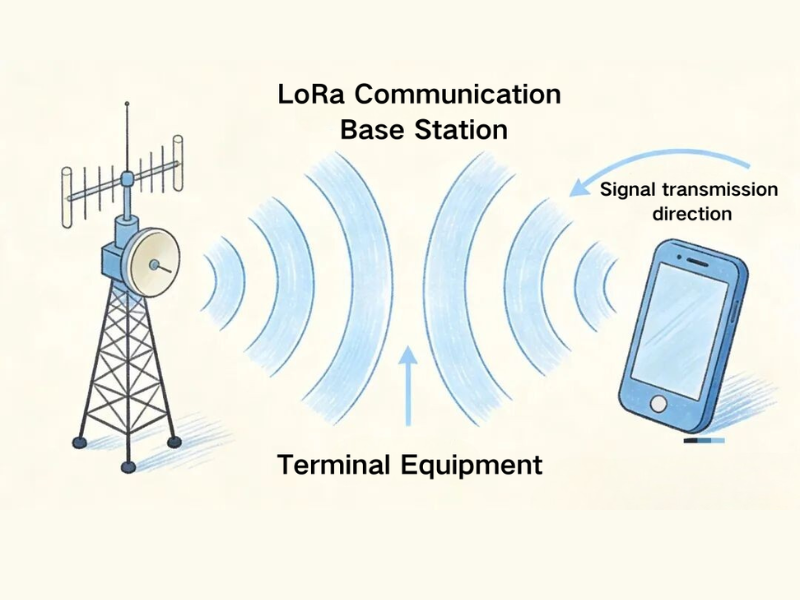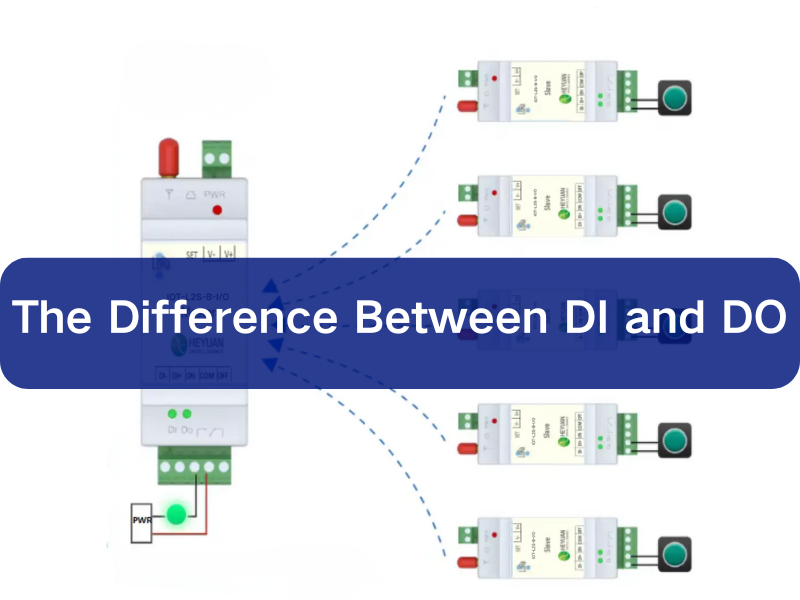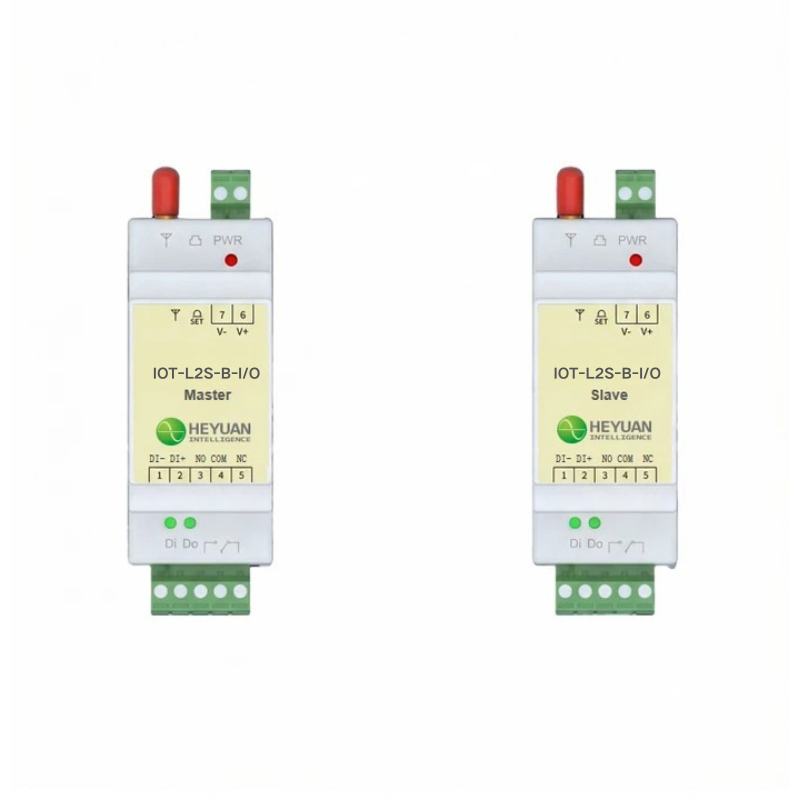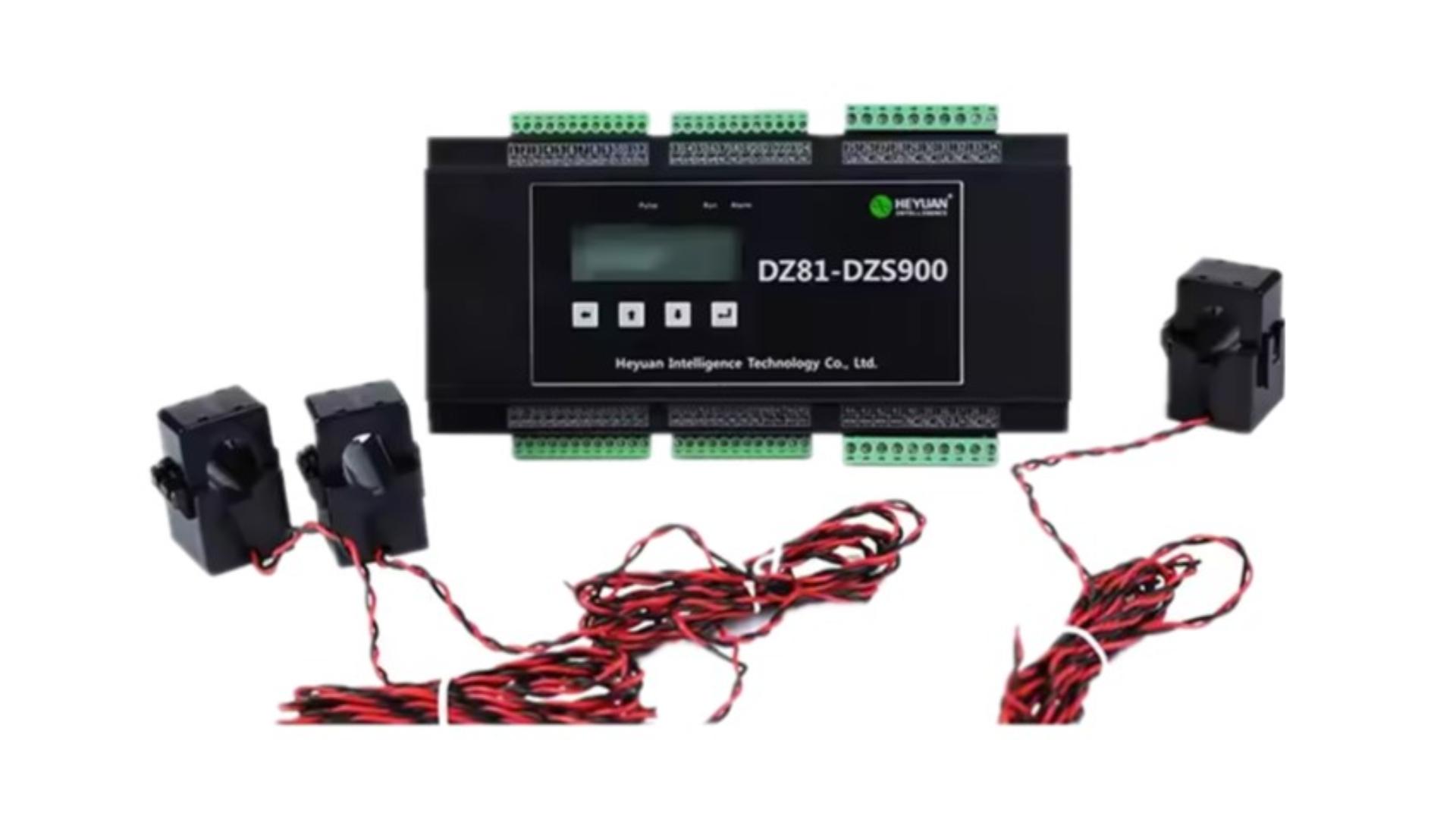
Frequency Deviation
【Symbol】
ΔF
【Unit】
Hz
【Definition】/【Calculation Formula】
Frequency deviation is the difference between the actual frequency and the nominal frequency of a power system under normal operating conditions. The formula for frequency deviation is:
Frequency Deviation=Actual Frequency−Nominal Frequency
In China, the nominal system frequency is 50 Hz, while in some countries, it is 60 Hz.
【Range】/【Standard】
The fundamental cause of frequency deviation is the imbalance of active power in the system. An excess of active power causes the frequency to rise, while a deficiency of active power causes the frequency to drop.
According to GB/T15945-2008 "Electric Power Quality - Power System Frequency Deviation," the permissible frequency deviation is ±0.2 Hz. For systems with smaller capacities, the deviation can be relaxed to ±0.5 Hz.
【Hazards】
Excessive frequency variations can have adverse effects on both users and power plants:
Motor Speed Variation: A decrease in system frequency will reduce the speed and power of electric motors, leading to lower output from mechanical drives and reduced production efficiency.
Reduced Reactive Power from Capacitors: When system frequency drops, the reactive power output of capacitors decreases proportionally. This weakens the capacitors' ability to support voltage levels, making voltage regulation more difficult.
Impact on Electronic Devices: Measurement and control equipment used in industrial and scientific applications may be affected by frequency fluctuations, leading to reduced accuracy and performance. In extreme cases, low frequency can cause these devices to malfunction.
Increased Error in Energy Meters: Large frequency deviations can increase the measurement error of induction-type energy meters, resulting in underestimation of electricity consumption.
System Stability and Safety: A decrease in system frequency can affect the safe operation of power plants and the entire system. It can lead to a drop in generator voltage, a significant reduction in system voltage levels, and potentially cause voltage collapse, leading to widespread power outages.
【Prevention and Control】
Frequency deviations can be managed by adjusting the output of frequency-regulating generators. In severe cases, automatic devices or manual operations can be used to disconnect some generating units or loads to balance the system's power, thereby stabilizing the frequency.
【Related Terms】
Frequency
Leave a Message
Your email address will not be published.
Posts
Products










